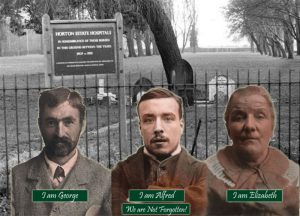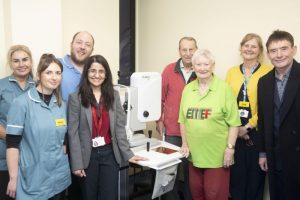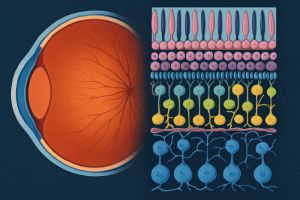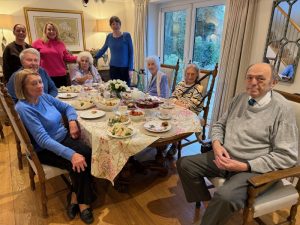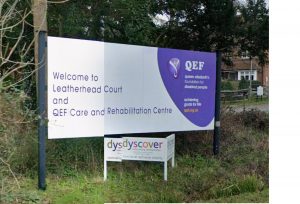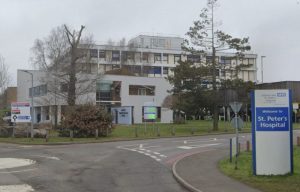Surrey young people using NHS mental health services have taken their artwork to the heart of government, with an exhibition at the House of Commons offering MPs an insight into their experiences and the support they received.
The exhibition, taking place from 10-15 February, showcases work created by young people supported by the STARS and New Leaf services, part of Mindworks Surrey. STARS supports young people affected by sexual abuse and assault, while New Leaf supports those who are in care, leaving care, adopted or under special guardianship orders.
Young people are sharing their artwork with MPs to showcase how creativity supports young people’s mental health and to highlight the positive impact of the services.
The pieces explore identity, hope, growth and recovery, capturing what can be difficult to articulate in words and offering an honest reflection of young peoples’ lived experiences of mental health support.
One young person whose artwork is being exhibited said: “STARS has changed my life, I can be me now. I was shocked when I heard my art would be at the House of Commons, I am really proud that people like my picture and what I created.”
Rebecca Robertson, Specialist Mental Health and Art Therapist said: “The young people we support have expressed their thoughts and feelings around their life experiences using art materials.
“Art making can provide an important alternative to more traditional verbal therapies and can be a vital part of helping young people to engage in support, particularly when working with trauma.”
The House of Commons event was sponsored by Helen Maguire, MP for Epsom and Ewell, who attended the exhibition last summer and supported bringing the art to Parliament.
Helen said: “I’m delighted to see this exhibition come alive. It demonstrates the powerful work that New Leaf and STARS do and the importance of young people getting the right care and support for their mental health.”
Emina Atic-Lee, Service Manager for STARS and New Leaf services, said: “We are incredibly proud to see the voices of the young people we support take to the stage at the House of Commons. Each piece offers an honest and powerful window into how young people use creativity to make sense of their experiences, express emotions that are hard to put into words, and recognise their own strength.
“To showcase this work in such a nationally significant setting is a truly special moment for them and for everyone involved in the services.”
Press release from Surrey and Borders Partnership NHS Foundation Trust






